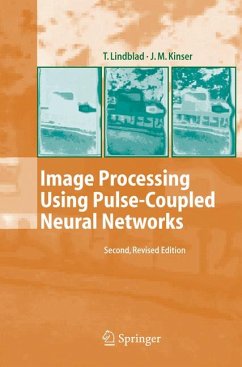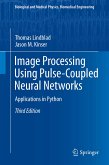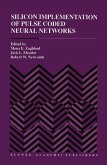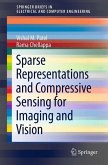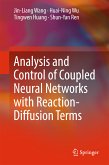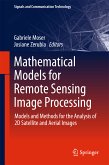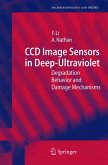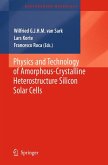This is the first book to explain and demonstrate the tremendous ability of Pulse-Coupled Neural Networks (PCNNs) when applied to the field of image processing. PCNNs and their derivatives are biologically inspired models that are powerful tools for extracting texture, segments, and edges from images. As these attributes form the foundations of most image processing tasks, the use of PCNNs facilitates traditional tasks such as recognition, foveation, and image fusion. PCNN technology has also paved the way for new image processing techniques such as object isolation, spiral image fusion, image signatures, and content-based image searches. This volume contains examples of several image processing applications, as well as a review of hardware implementations.
Dieser Download kann aus rechtlichen Gründen nur mit Rechnungsadresse in A, B, BG, CY, CZ, D, DK, EW, E, FIN, F, GR, HR, H, IRL, I, LT, L, LR, M, NL, PL, P, R, S, SLO, SK ausgeliefert werden.

